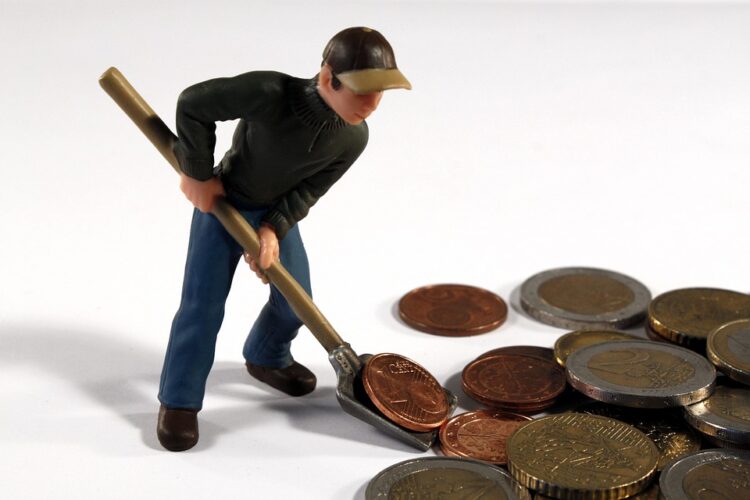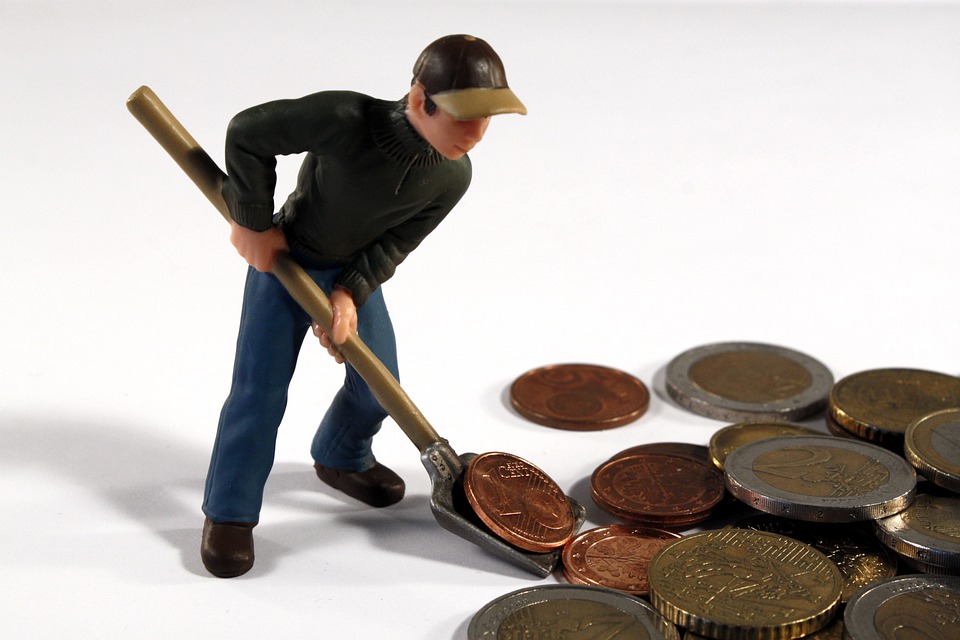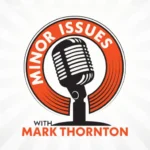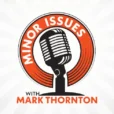
 Image Source: PixabayThe solution to a problem shouldn’t make the problem worse.But apparently, California’s policy makers missed that memo.On April 1st, the state instituted a $20 minimum wage for fast food workers, the highest in the US. With California’s absurdly high cost of living, the policy appeared to make life more manageable for low-income residents. Unfortunately, as the adage goes, “If it sounds too good to be true, it probably is.” California’s new minimum wage is poised to hurt the same fast-food workers it aims to help.
Image Source: PixabayThe solution to a problem shouldn’t make the problem worse.But apparently, California’s policy makers missed that memo.On April 1st, the state instituted a $20 minimum wage for fast food workers, the highest in the US. With California’s absurdly high cost of living, the policy appeared to make life more manageable for low-income residents. Unfortunately, as the adage goes, “If it sounds too good to be true, it probably is.” California’s new minimum wage is poised to hurt the same fast-food workers it aims to help.
The Economic Problem of a Minimum Wage
The counterproductivity of a minimum wage is demonstrated by a simple analysis of the labor market. Companies “purchase” labor from workers through a wage. The more value a worker adds to a company, the more they will be paid. If employers are allowed to set wages freely, and the labor market is competitive, workers can expect to be paid close to their value added to the company.A minimum wage hijacks this process. If a worker is worth $15 an hour to an employer, but a $20 minimum wage is introduced, the company will no longer hire the worker, and both parties are harmed. A $20 wage floor means that workers must at least add that much value to the company. For many laborers, this means saying goodbye to their industry and hello to unemployment.
The Effects of California’s Minimum Wage
The ripple effects of California’s $20 minimum wage have proved these dismal predictions all too true. Several chains, including Pizza Hut and Starbucks, have laid off workers in response to the wage increase. Michaela Mendelsohn, the CEO of El Pollo Loco, claimed the company would have to reduce employee hours due to increased labor costs. McDonald’s employees are likewise seeing their hours substantially reduced. In the tight margins of the fast-food industry, where even a small increase in the price of labor can destabilize a production chain, the effects of the wage hike have been exacerbated.Fast-food workers are particularly susceptible to layoffs because of the rise of automation within the industry. Automation creates a simple alternative for companies struggling to meet the wage requirement. Many fast-food restaurants have already implemented mobile ordering stations, and if labor costs continue to rise, the incentive to further automate will increase. Restaurants around the world have already introduced machines to replace waiters, cashiers, and cooks.A higher wage also increases the risk of hiring new, untested workers. In service industries, such as fast food, it can be difficult to distinguish the productivity of individual workers. It can take a while to find the weak link at the root of a location’s unproductivity, and this delay equals lost revenue. While an untested applicant may potentially boost productivity, a heightened minimum wage increases the risk of giving that worker a chance.Proponents of the new minimum wage argue that food chains will absorb the wage increase by raising prices. Some companies, such as Chipotle and Jack in the Box, have already raised their California prices in response to the new policy. However, this is not a concrete solution. Any price increase will necessarily decrease consumer demand, which could harm profits further. A step too far and the workers’ already dire plight will be exacerbated.If California’s economic and political conditions continue to worsen, many franchises might simply leave the state. While California has a massive potential market, if labor costs become prohibitively high, chains could simply focus their resources on more economically-friendly states. Leading the way are MOD Pizza and MOD Pizza, who respectively closed five and seven of their California locations in April.
The Minimum Wage: A Cure that Exacerbates the Sickness
The ethos of the minimum wage is to support the poor and lessen wealth inequality. Social class discrepancy is not a trivial issue, as a lack of generational wealth constrains the opportunities of millions of Americans. Children of parents without college degrees are more likely to not obtain a degree themselves, and less educated workers are on average less productive than their educated counterparts. However, the minimum wage increases inequality by cutting off anyone who falls below a mandated productivity threshold. This means removing many of the underprivileged from the workforce altogether, causing families already hampered by societal constraints to see their opportunities shrink even further. It’s like a hospital diverting its care from its sickest patients to pamper the healthy.Interventionist policies usually sound good. Politicians love to swoon about how their measures will reduce inequality and to paint opponents as money-grubbers who don’t care about assisting the poor. The cold reality is that when the government institutes a sweeping economic reform, there will always be unintended consequences. In the case of the minimum wage, the “cure” exacerbates the sickness.More By This Author:Money Supply Sees Major Jump In Recent Weeks How Nvidia Uses GoldTop Hillsdale Economist Warns Of US Default: SchiffGold Friday Gold Wrap For Friday, April 19
















